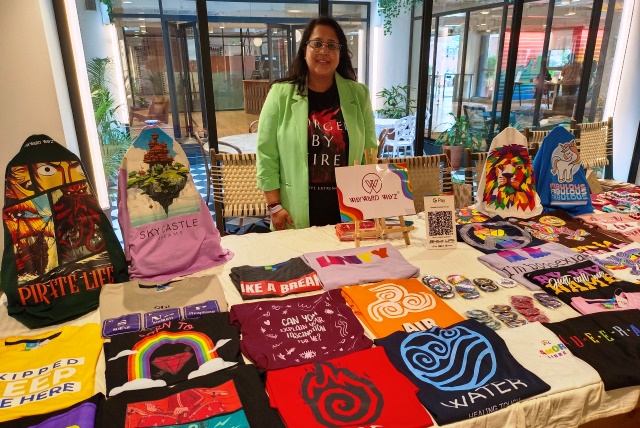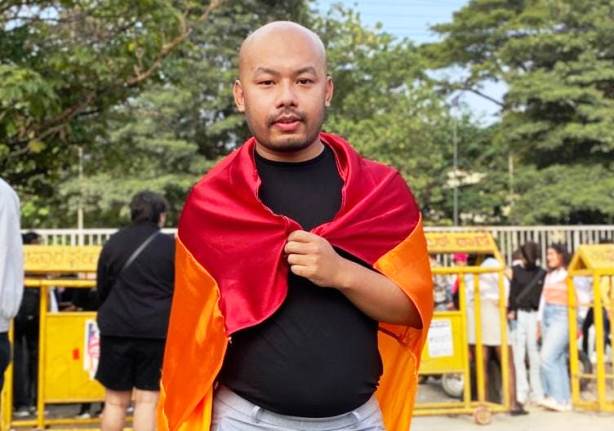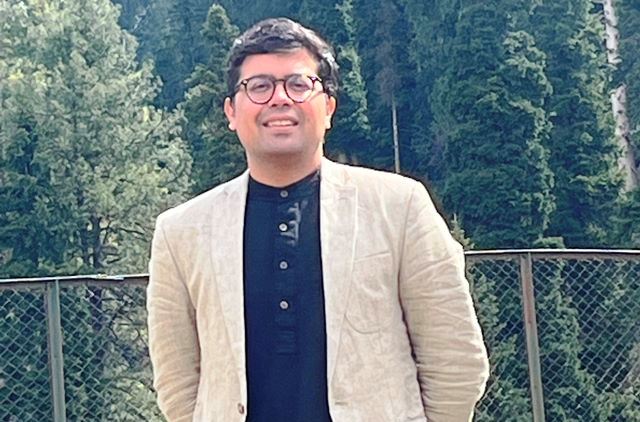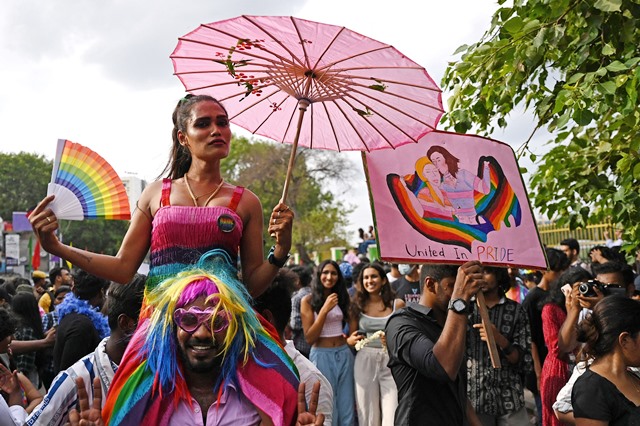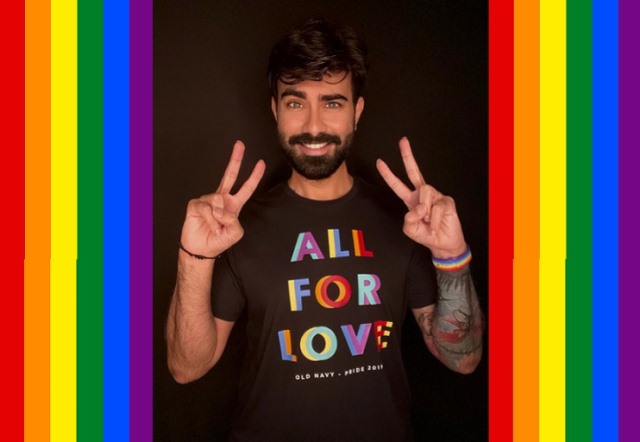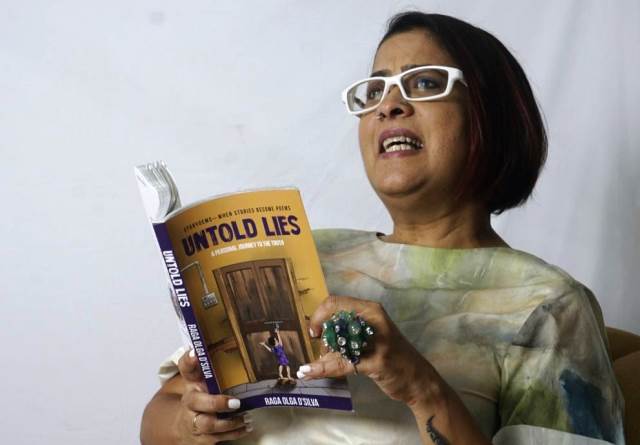Centre, in its affidavit, has opposed the plea seeking legal recognition of same-sex marriage, saying that living together as partners by same-sex individuals, which is decriminalised now, is not comparable with the Indian family unit and they are clearly distinct classes which cannot be treated identically.
The Centre has filed the affidavit countering the demand made by various petitioners seeking legal recognition of same-sex marriage.
In the affidavit, Centre has opposed the plea and said that pleas seeking legal recognition of same-sex ought to be dismissed as there exists no merit in these petitions.
Same-sex relationships and heterosexual relationships are clearly distinct classes which cannot be treated identically, the government said as its stand against the petition seeking legal recognition of LGBTQ marriage.
It is for the legislature to judge and enforce such societal morality and public acceptance based upon Indian ethos, the Centre said in its affidavit and added that western decisions sans any basis in Indian constitutional law jurisprudence, cannot be imported in this context.
In the affidavit, Centre apprised the Supreme Court living together as partners by same sex individuals, which is decriminalised now, is not comparable with the Indian family unit concept of a husband, a wife and children.
Centre submitted that the principles of legitimate state interest as an exception to life and liberty under Article 21 would apply to the present case. Centre submitted that the statutory recognition of marriage as a union between a “man” and a “woman” is intrinsically linked to the recognition of the heterogeneous institution of marriage and the acceptance of the Indian society based upon its own cultural and societal values which are recognized by the competent legislature.
“There is an intelligible differentia (normative basis) which distinguishes those within the classification (heterosexual couples) from those left out (same-sex couples). This classification has a rational relation with the object sought to be achieved (ensuring social stability via recognition of marriages),” the government said.
Centre submitted before Supreme Court that statutory recognition of marriage as a union between a “man” and a “woman” is intrinsically linked to the recognition of the heterogeneous institution of marriage and the acceptance of the Indian society based upon its own cultural and societal values which are recognized by the competent legislature.
Centre submits that the fundamental right under Article 21 is subject to the procedure established by law and the same cannot be expanded to extend to include the fundamental right for a same-sex marriage to be recognized under the laws of the country which in fact mandate the contrary.
Despite the decriminalization of Section 377 of the Indian Penal Code, the Petitioners cannot claim a fundamental right for same-sex marriage to be recognized under the laws of the country, Centre made it clear in its affidavit.
“Recognition of marriage necessarily brings with it the right to adopt and other ancillary rights. It is, therefore, necessary that such issues are left for being decided by the competent Legislature where social, psychological and other impacts on society, children etc., can be debated. This will ensure that wide-ranging ramifications of recognizing such sacred relationships are debated from every angle and legitimate state interest can be considered by the Legislature,” Centre said.
Adding further, the government said that marriage between a biological man and a biological woman takes place either under personal laws or codified laws and the parties entering into marriage create an institution having its own public significance as it is a social institution from which several rights and liabilities flow.
“Seeking declaration for solemnisation/registration of marriage has more ramifications than simple legal recognition. Family issues are far beyond mere recognition and registration of marriage between persons belonging to the same gender. Living together as partners and having a sexual relationship with same-sex individuals [which is decriminalised now] is not comparable with the Indian family unit concept of a husband, a wife and children which necessarily presuppose a biological man as a ‘husband’, a biological woman as a ‘wife’ and the children born out of the union between the two – who are reared by the biological man as a father and the biological woman as mother,” the affidavit said.
Countering the petitioner’s submission, the government submitted that registration of marriage of same-sex persons also results in violation of existing personal as well as codified law provisions -such as ‘degrees of prohibited relationship’; ‘conditions of marriage’; ‘ceremonial and ritual requirements’ under personal laws governing the individuals.
If marriage is to be solemnised and registered under any personal law; ‘requirements for registration’, if marriage is to be registered under the Special Marriage Act; ‘restitution of conjugal rights’; ‘judicial separation’, ‘divorce’; ‘conditions of divorce’; ‘alimony and maintenance pendente lite’, ‘permanent alimony and maintenance’; ‘expenses of marriage proceedings’; ‘disposal of property’, ‘adoption’, ‘guardianship’, etc will be affected, which is the exclusive domain of the Legislature, the government said.
The government submitted that the Parliament has designed and framed the marriage laws in the country, which are governed by the personal laws/codified laws relatable to customs of various religious communities, to recognise only the union of a man and a woman to be capable of legal sanction and thereby claim legal and statutory rights and consequences.
Any interference with the same would cause complete havoc with the delicate balance of personal laws in the country and in accepted societal values, Centre submitted.
Various petitions are being dealt by Supreme Court seeking legal recognition of same-sex marriage under Foreign Marriage Act, Special Marriage Act and other laws.
One of the petitions earlier has raised the absence of a legal framework which allowed members of the LGBTQ+ community to marry any person of their choice. According to the earlier petition, the couple sought to enforce the fundamental rights of LGBTQ+ individuals to marry any person of their choice and said that, “the exercise of which ought to be insulated from the disdain of legislative and popular majorities.” The petitioners, further, asserted their fundamental right to marry each other and prayed for appropriate directions from this Court allowing and enabling them to do so. (ANI)
Read More: https://lokmarg.com/
